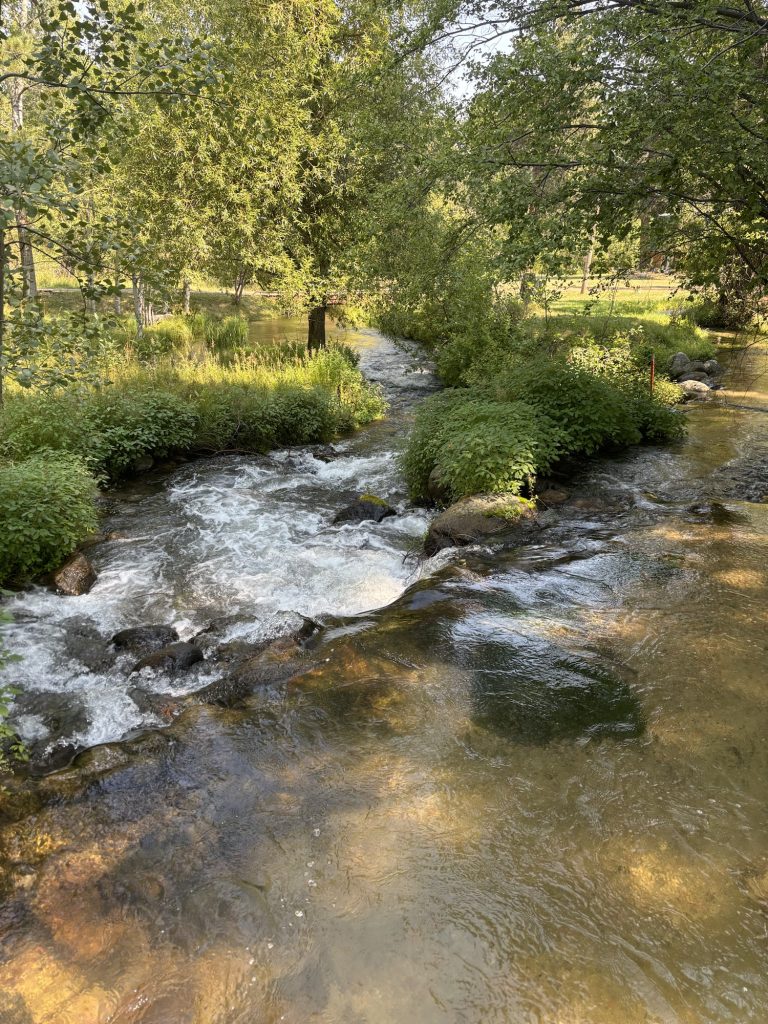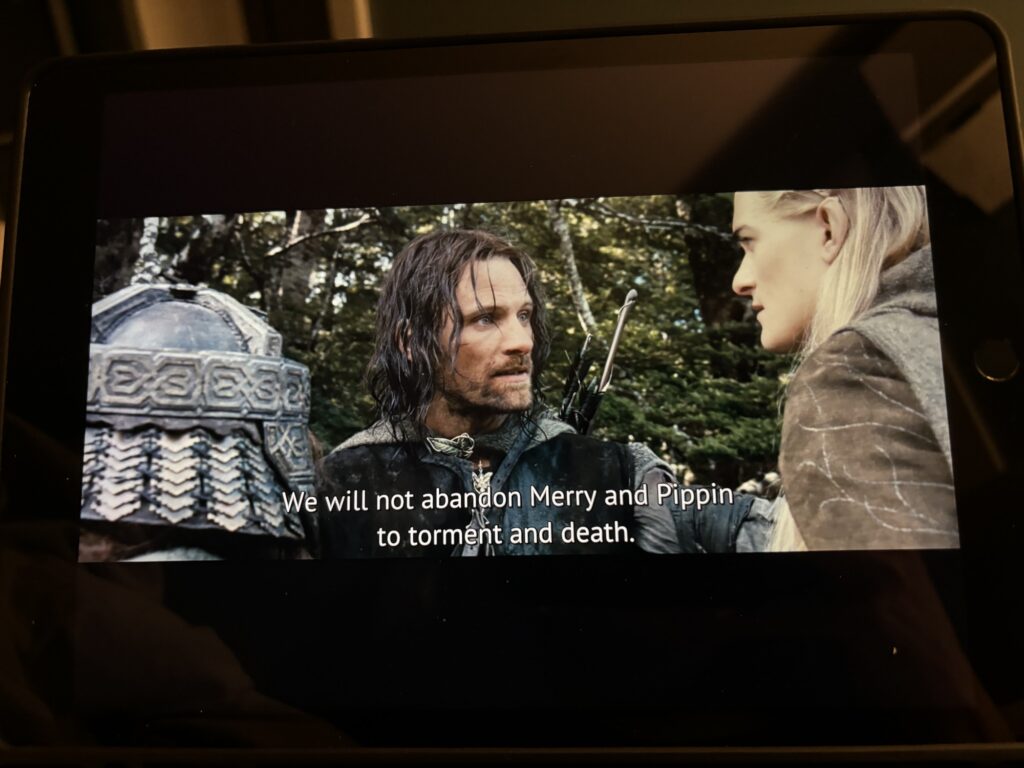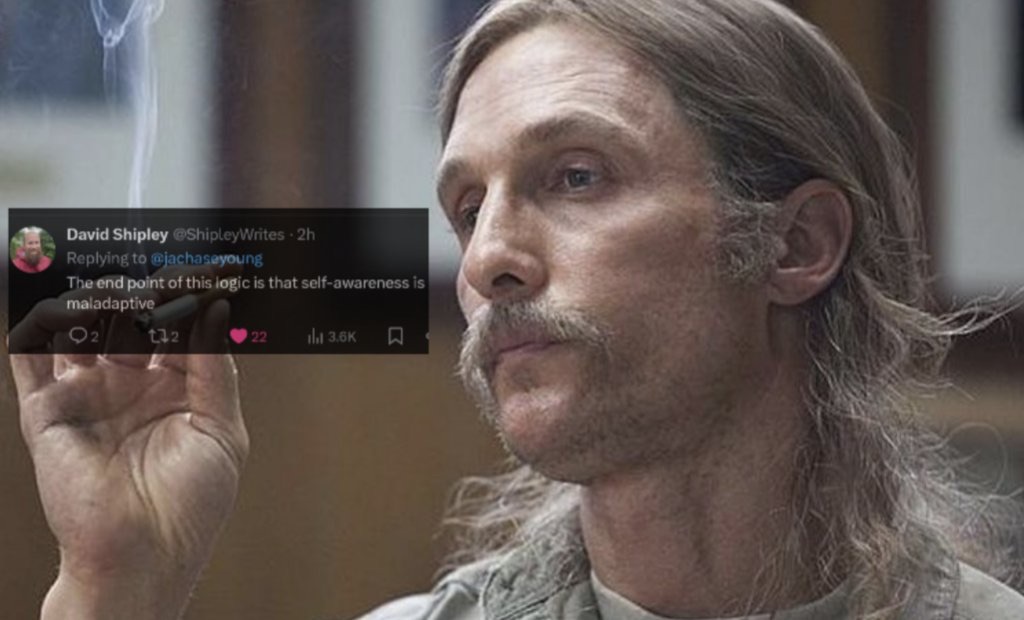Like many fans of Star Trek, I am not at all ashamed of my affection for one of science fictions greatest franchises. I’m proud to love it.
When I visit San Francisco I like to rewatch the classic original series movie from 1986 “Star Trek: The Voyage Home” which is affectionately known as the whale movie.
Future San Francisco is a beautiful paradise where exceptional young people go to Star Fleet Academy. It’s fully automated luxury communism thanks to the not really military (but definitely feels like it) the United Federation of Planets.
The movie involves getting Spock back from previous escapades that had left him for dead. As they retrieve Spock a crisis is unfolding on earth.
A spacecraft is signaling to Earth alas no one can answer it. It disables everything near it. The Enterprise figure out that it’s whalesong and decide the only way to answer is going back in time to find Humpback whales.
The Reagan era was a strange one for environmentalist. The crew goes back in time to rescue Humpback whales and ends up in San Francisco in the 70s at least vibe wise. It was definitely a pop culture “save the whales” moment.
San Francisco was a mess in the past and everyone finds this to be relatable as a plot point though we all know it can be made a paradise.
We see nuclear vessels in Alameda as the brave future. We have to save our whales to save our future though. This was not a universe where environmentalists make the best villains. Environmentalists are the good guys which is almost sweet.
The Voyage Home is a ridiculous movie with a premise stuck in a bubble of social attitudes that is almost comforting.
Leaving San Francisco myself to voyage home myself makes me laugh at one of comedic bits of the movie. “I don’t know how these people made it out of the 20th century!”
To the skeptics I say a double dumb ass on you! Humans and their colorful metaphors might just might get us to the future after all. And San Francisco will be part of making it.


